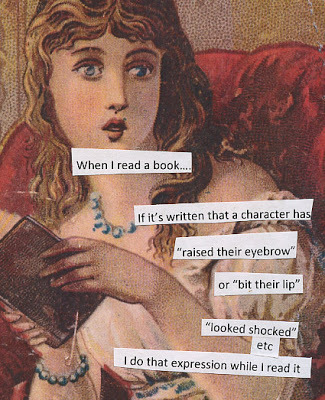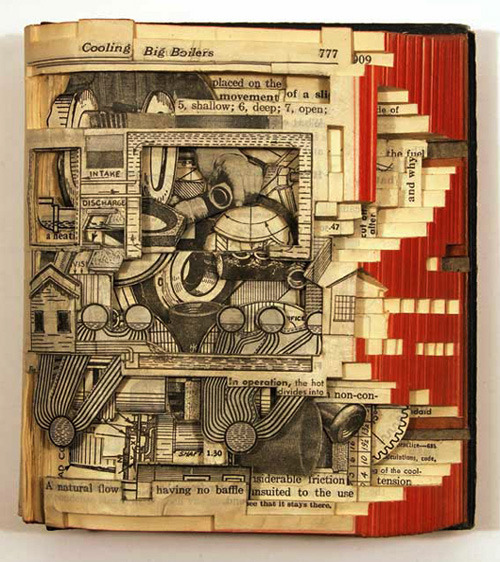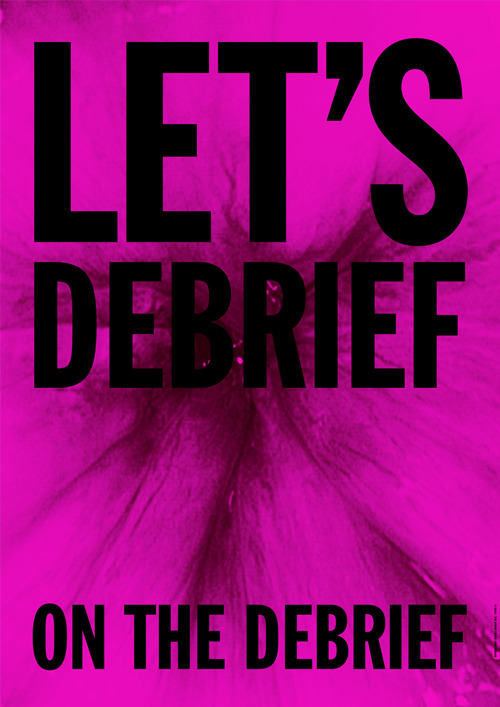My friend, the novelist Lewis Shiner, has a new Christmas short story up on the Subterranean Press site. It's titled "Merry Christmas from the Kensingtons" and is Lew's own Christmas ghost story -- particularly the ghosts of Christmases past as lived out in a series of annual family photo postcards.
![[ C ] Joseph Cornell - Penny Arcade (1962) [ C ] Joseph Cornell - Penny Arcade (1962)](http://farm6.static.flickr.com/5137/5498928968_bf62a28f39_m.jpg)
It's a haunting story, and in reading just the simple descriptions of the family members as they age and grow, I found myself writing each person's lifestory in my head.
Lew said he had bought such a stack of family photo postcards at a flea market and the images, showing each family member growing older and with their personalities inevitably peeking through, year after year, haunted him.
I share his fascination and deep imaginative involvement with found objects. I've always found art installations made from found objects more interesting than other types of sculptures, for example. I also enjoy such items as densely collaged artwork and Cornell boxes; contemplating the original objects and sorting out my reactions to them, and then to their new associations and relationships within the artwork, can keep me staring for hours.
The power of Lew's story -- and of those found images -- shook loose a memory from my own mental lumber room of when I cleaned out the attic of our rental house before moving to our current home.
In a far corner of this huge attic I found posters and birthday cards from the 40th birthday of a previous resident, a woman named Timothy. "Lordy, lordy, Timmer's forty!" was one of my first clues, doncha know.
It was amazing the story I was able to piece together from these remnants -- she worked as a nurse at Duke, was taking a job in Virginia, and there was a touching birthday card from a young woman (I assume young) who had turned down Timmer's profession of love but still wanted to show her affection and respect.
It was surprising and a little sad to find these relics in a far corner of the attic -- they meant enough to her to save them, at one time. But maybe she'd forgotten about them or she had to leave town in a hurry.
I also remembered a box of personal memorabilia I had found years ago in my parents' basement. It contained letters I'd received from a Doctor Who pen pal named Bobbie, who had placed a pen-pal-personal ad in some DW fanzine or other in the early 1980s. As she wrote me later, she had broken up with someone, was feeling sorry for herself, placed her ad, and then found herself writing to lots of feeling-sorry-for-themselves guys. She and I wrote for several years until she got married and then our correspondence ran its course and dried up.
I met her one time only, at a DW convention in Columbus, OH, where she lived. This would have been a few years after we'd started writing to each other. It was a little awkward at first -- pen-pal correspondences are not conversations, after all, but exchanged soliloquies.
We eventually were able to spend some time together and chat. I don't remember what we talked about, but I do remember that, at some point later on during that first evening at the convention, that she was in my car and we circled the hotel parking lot just talking, and then she went back into the hotel.
When I found her trove of letters in this box 20-odd years later, I re-read them and decided to send them to her. Not knowing her married name, I found that her mother still lived at the old address. So I mailed her a package with Bobbie's letters and a cover letter telling her how much Bobbie's letters had meant to me at that time. Since I had enjoyed them the first time I'd received them, and enjoyed them again 20 years later, I thought it was only fair to share them back to Bobbie so she could enjoy them too.
It was a weird little project, I guess. But it felt like the right thing to do.
I wound up getting an email from Bobbie! She was kind of flabbergasted that I'd saved the letters -- OK, no argument there. But I was the kind of person who liked Doctor Who, had pen pals, and saved paper ephemera, so I already dwelled beyond the boundaries of "normal" society.
In her email, she said she found that re-reading her old letters reminded her of events and feelings she'd forgotten, so she was grateful to have them.
She also tantalized me by saying that there was something I didn't know about that night in Columbus, something she was a little embarrassed about sharing but that she'd tell me in her next email. I wrote her back with my thanks and said I'd love to hear whatever she wanted to tell me, if she was comfortable doing so.
Alas, she never wrote me back and never replied to any of my subsequent emails. So I'll never know what happened or didn't happen or might have happened that night in Columbus.
And therein, I suppose, lies the power for me of found objects (which I just now mistyped as "fond objects") and untold stories -- they tantalize by showing just enough clues to suggest a story but never enough to solve their mystery. And it's the mystery, for me, that endures.




![[ C ] Joseph Cornell - Penny Arcade (1962) [ C ] Joseph Cornell - Penny Arcade (1962)](http://farm6.static.flickr.com/5137/5498928968_bf62a28f39_m.jpg)






